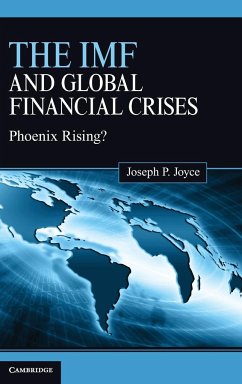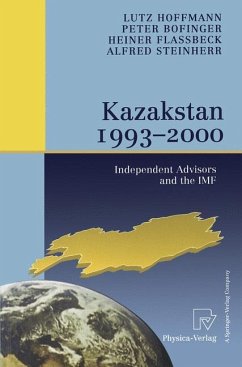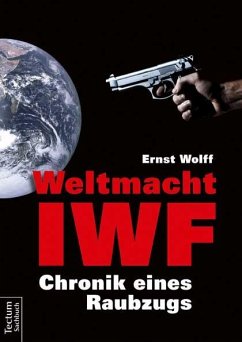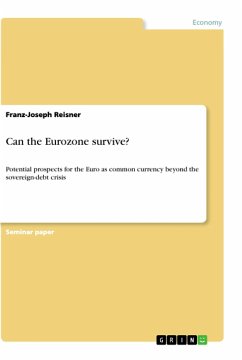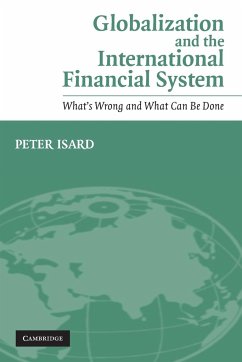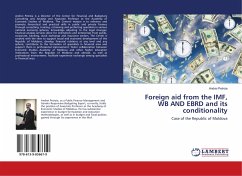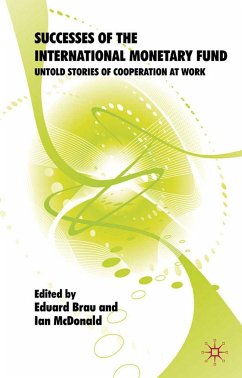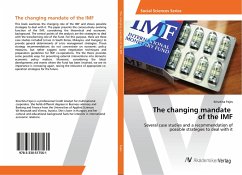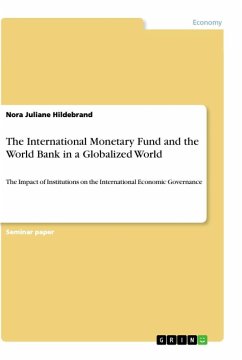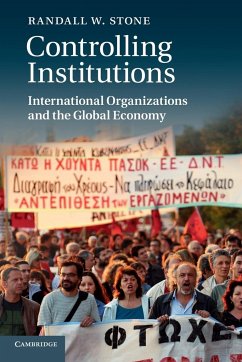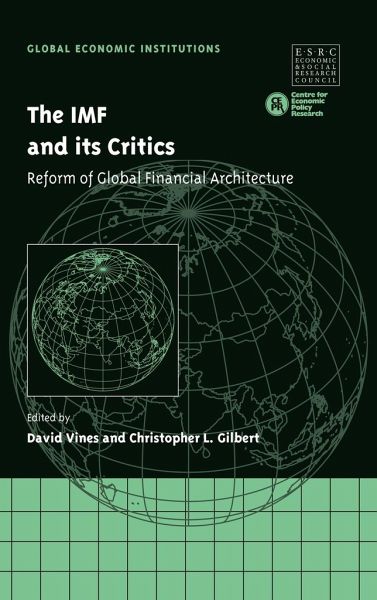
The IMF and Its Critics
Reform of Global Financial Architecture
Ed. by Christopher L. Gilbert and David Vines

PAYBACK Punkte
56 °P sammeln!
The IMF is the first economic institution in line to protect countries from the effects of financial crises and to insulate the world economy from possible systemic risk. However, many argue that the IMF is insufficiently equipped to do this job, while others argue almost the opposite: the IMF's well-intentioned actions induce other countries to take risks which increase their exposure from both universities and the multilateral agencies, combines rigourous economic analysis with insider perspectives on key policy debates. It analyses the Asian and Argentine financial crises of the late 1990s,...
The IMF is the first economic institution in line to protect countries from the effects of financial crises and to insulate the world economy from possible systemic risk. However, many argue that the IMF is insufficiently equipped to do this job, while others argue almost the opposite: the IMF's well-intentioned actions induce other countries to take risks which increase their exposure from both universities and the multilateral agencies, combines rigourous economic analysis with insider perspectives on key policy debates. It analyses the Asian and Argentine financial crises of the late 1990s, issues of policy ownership, the more general quest for financial stability and governance of the IMF. It is an essential reference for anyone interested in the role of international financial institutions in our globalised economy.





